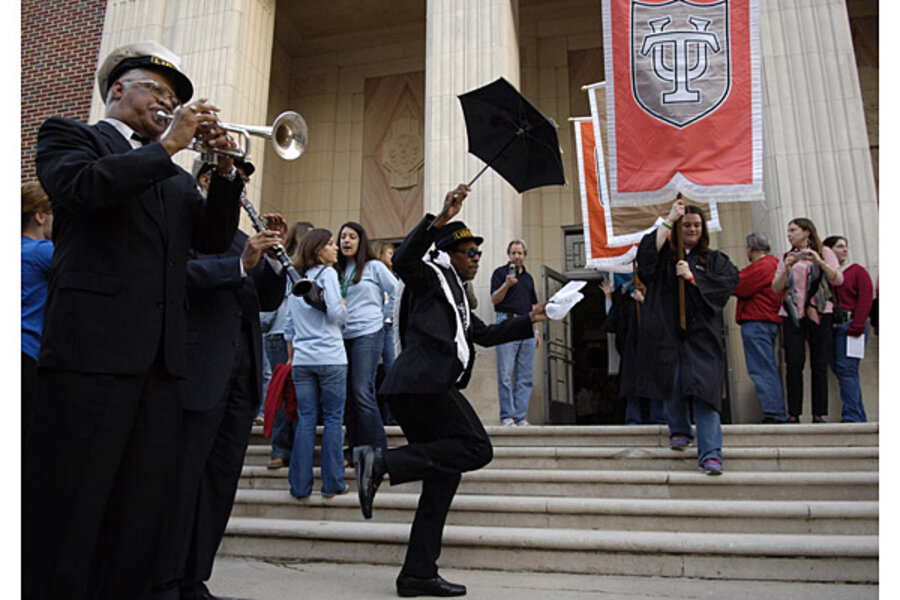Average debt: $22,789
Proportion of students with debt: 48 percent
State averages for student loans varied widely in 2012. The state with the biggest average debt load, Delaware, was well over $33,000. Louisiana’s average was more than $10,000 less. The 10 lowest states fell within a $5,000 range of one another.
To come up with state rankings, TICAS relied on self-reported data from public and private colleges across the country. For-profit colleges were not included, TICAS noted, because such institutions rarely disclose financial figures. At least two-thirds of colleges from most states volunteered information: In Louisiana, about 64 percent of Bachelor’s degree recipients were included in the data.
Colleges are not required to report debt levels for seniors, something that TICAS would like to see changed at the federal level. “The limitations of relying on voluntarily reported data underscore the need for federal collection of student debt data for all schools,” the report says. “Even for colleges that do report voluntarily, the debt figures in the report may understate actual borrowing because they do not include transfer students or any private loans the college was unaware of.”
Nationally, the proportion of seniors graduating with some level of debt has risen steadily in recent years, from 68 percent in 2008 to 71 percent in 2012, with debt levels rising at a clip of about 6 percent per year.








